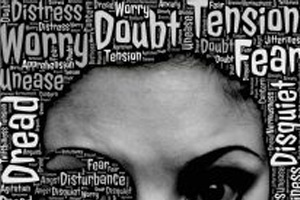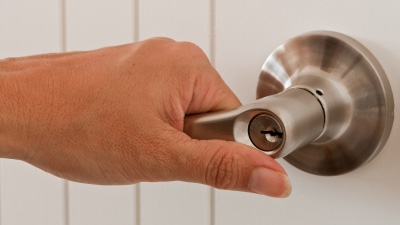
by Andrew J. Kaufmann, ND | Sep 1, 2024 | Anxiety Disorders, Blog, OCD
Obsessive Compulsive Disorder (OCD) is a condition wherein the patient is plagued with intrusive and repetitive thoughts, or obsessions, which in turn produce incredible anxiety, resulting often in the need to perform some sort of behavior, action, or ritual to manage...

by Andrew J. Kaufmann, ND | Jun 1, 2024 | Anxiety Disorders, Blog, Homeopathy, OCD
What is OCD (Obsessive-Compulsive Disorder)? OCD is an anxiety based disorder where repeated actions or thoughts relieve tension. Everyone feels the need to go back and double check whether the door is locked or the coffee pot is off. But those with OCD have an...

by Andrew J. Kaufmann, ND | Jan 1, 2024 | Anxiety Disorders, Blog, Homeopathy
It’s that time of the year – when children may experience back to school anxiety about starting a new grade. Some kids may even be starting a new school or beginning school for the first time. Parents or guardians may be looking for ways to help reduce that anxiety....

by Andrew J. Kaufmann, ND | Apr 1, 2023 | Anxiety Disorders, Articles, Homeopathy, PTSD
What is PTSD? Post-traumatic stress disorder is an anxiety condition that develops when an individual experiences or witnesses any event that produces extreme fear; such as a murder, physical abuse or even a severe motor accident. What are the symptoms of PTSD? The...






